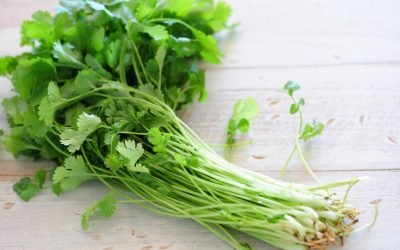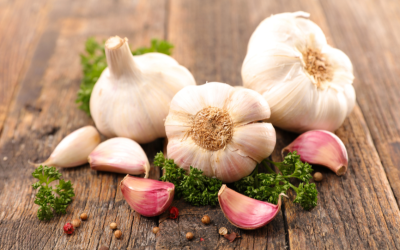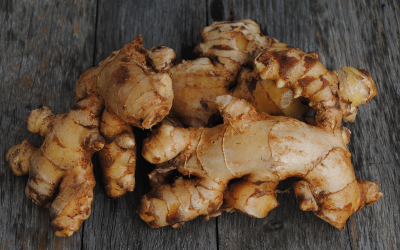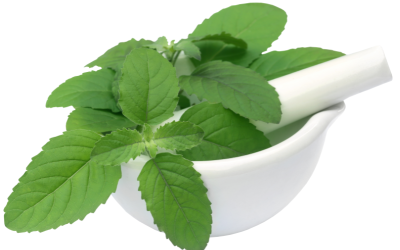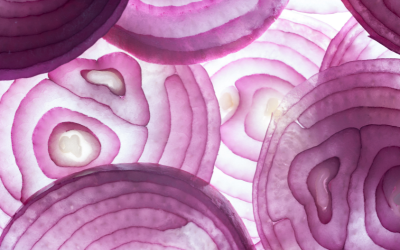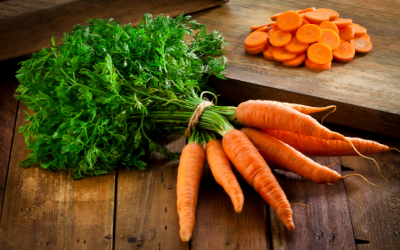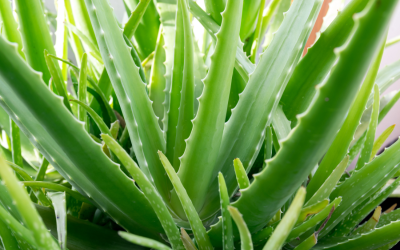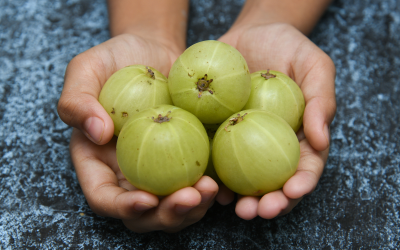Cumin Seeds: The Spice with Powerful Health Benefits
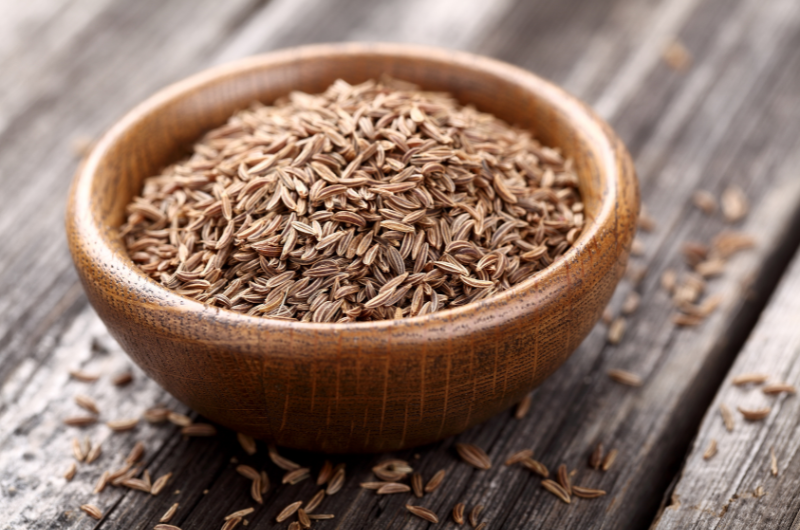
Explore the incredible potential of cumin seeds in unlocking natural healing. These unassuming seeds, celebrated for their culinary allure, hold profound medicinal value. Join us on a journey to discover their remarkable ability to address various ailments, tapping into the wonders of nature’s remedies.
Discover a simple yet powerful addition to your wellness routine. Cumin seeds harbor a wealth of healing compounds, offering solutions for digestive issues, inflammation, and more. Embracing this natural remedy can complement modern healthcare practices, providing holistic support for overall well-being.
Delve into the specific diseases cumin seeds effectively combat. From gastrointestinal troubles to aiding weight management and easing inflammatory conditions, these seeds prove their versatility. Join us as we uncover how these tiny seeds stand as nature’s remedy against seven prevalent diseases.
Benefits of Cumin Seeds
Improved Digestion: Cumin seeds aid digestion by stimulating enzymes and facilitating the breakdown of food.
Reduced Inflammation: Their anti-inflammatory properties may help alleviate symptoms of inflammatory conditions.
Weight Management Support: Cumin seeds may assist in weight loss by boosting metabolism and reducing fat accumulation.
Rich in Antioxidants: These seeds are packed with antioxidants that combat free radicals, aiding overall health.
Better Blood Sugar Control: Studies suggest cumin seeds may help regulate blood sugar levels.
Enhanced Immune Function: Cumin seeds contain nutrients that support a robust immune system.
Potential Anti-Cancer Properties: Some research indicates their compounds might have anti-cancer effects, though more studies are needed for confirmation.
Improved Cholesterol Levels: Consumption of cumin seeds might positively impact cholesterol levels, promoting heart health.
Healing power and methods to use
1) Digestive Disorder:
Cumin seeds are very useful in digestive disorders like biliousness, morning sickness, indigestion, atonic dyspepsia, diarrhea and flatulent colic. One teaspoon cumin seeds is boiled in a glass of water and the decoction mixed with one teaspoon of fresh coriander leaf juice and add a pinch of salt. This decoction can be taken twice daily after meals as a medicine for diarrhea.
2) Piles:
Black cumin is beneficial in the treatment of piles. About 60 grams of the seeds, of which half should be roasted, should be ground together. Three grams of this flour should be taken with water.
3) Insomnia:
Cumin is valuable in relieving sleeplessness. A teaspoon of fried powder of cumin seeds mixed with the pulp of ripe banana can be taken at night to induce sleep.
4) Renal Colic:
Black cumin seeds mixed with caraway seeds and black salt is useful in renal colic. About 20 grams of cumin seeds, 12 grams of caraway seeds and 6 grams of black salt are ground together and mixed with a little vinegar. This mixture can be taken in doses of 3 grams every hour till relief is obtained.
5) Common Cold:
Dilute cumin water is an antiseptic beverage and very useful in common cold and fevers. to prepare cumin water, a teaspoon of cumin is added to boiling water, which is allow to simmer for a few seconds and set aside to cool.
If the cold is associated with sour throat, a few small pieces of dry ginger should be added to water.
6) Problem of Breast Milk Secretion:
A decoction of cumin seeds mixed with milk and honey, taken once daily during the entire period of pregnancy, helps the healthy development of the fetus, eases child birth and increases the secretion of breast milk.
7) Scorpion Sting:
Paste of cumin seeds prepared with onion juice, applied over scorpion sting will retard the frequency of upbeats.
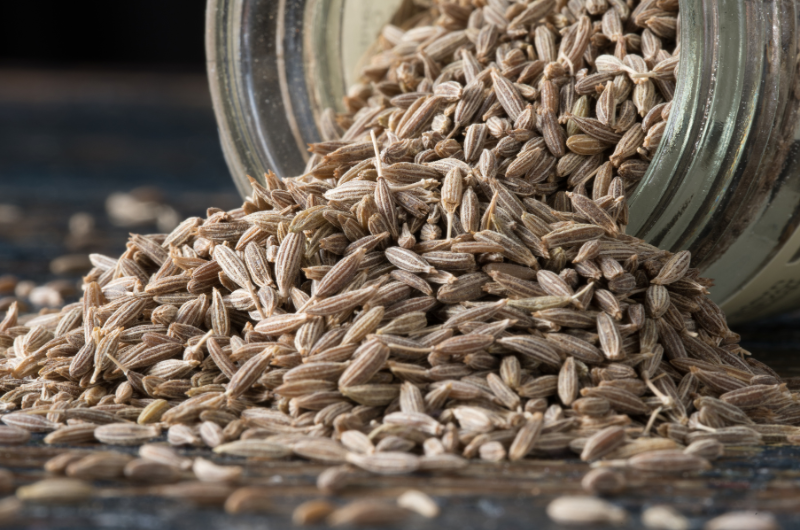
Precautions
It’s important to note that while cumin seeds offer numerous health benefits, they may not be suitable for everyone. Individuals with allergies to plants in the Apiaceae family, including fennel, coriander, and celery, may also have a sensitivity to cumin seeds.
Moreover, excessive consumption of cumin seeds might lead to stomach discomfort or aggravate gastrointestinal issues. Like many natural remedies, moderation is key. It’s advisable to start with small amounts and observe how your body responds before incorporating larger quantities into your diet or using them for medicinal purposes.
Consulting a healthcare professional, especially if you have existing medical conditions or are pregnant or breastfeeding, is crucial before adding cumin seeds as a significant part of your diet or using them for therapeutic reasons.
How to make some Cumin Based products for home remedies at home:
Cumin-Spiced Roasted Chickpeas:
Ingredients: Canned chickpeas, cumin powder, olive oil, salt, pepper, and optional spices like paprika or cayenne.
Method: Toss drained and rinsed chickpeas with cumin, olive oil, salt, pepper, and optional spices. Roast in the oven until crispy.
Cumin Rice:
Ingredients: Basmati rice, cumin seeds, butter or oil, salt, and water.
Method: Toast cumin seeds in butter or oil, add rice, and sauté. Cook rice with water and salt as usual. The result is a fragrant cumin-infused rice.
Cumin-Spiced Lentil Soup:
Ingredients: Lentils, cumin powder, onions, garlic, carrots, celery, vegetable broth, cayenne pepper, salt, and pepper.
Method: Sauté onions, garlic, carrots, and celery. Add cumin, lentils, vegetable broth, and spices. Simmer until lentils are tender.
Cumin and Lime Vinaigrette:
Ingredients: Cumin powder, lime juice, olive oil, honey, Dijon mustard, salt, and pepper.
Method: Whisk together cumin, lime juice, olive oil, honey, Dijon mustard, salt, and pepper. Use as a salad dressing or marinade.
Cumin-Spiced Grilled Chicken:
Ingredients: Chicken breasts, cumin powder, paprika, garlic powder, olive oil, salt, and pepper.
Method: Mix cumin, paprika, garlic powder, olive oil, salt, and pepper. Coat chicken breasts and grill until fully cooked.
Cumin and Coriander Yogurt Sauce:
Ingredients: Greek yogurt, cumin powder, ground coriander, garlic, lemon juice, salt, and pepper.
Method: Mix Greek yogurt with cumin, coriander, minced garlic, lemon juice, salt, and pepper. Use as a sauce for grilled meats or as a dip.
Cumin-Spiced Black Bean Salad:
Ingredients: Black beans, corn, tomatoes, red onion, cumin powder, lime juice, cilantro, olive oil, salt, and pepper.
Method: Combine black beans, corn, tomatoes, and red onion. Dress with a mixture of cumin, lime juice, cilantro, olive oil, salt, and pepper.
Cumin and Garlic Hummus:
Ingredients: Chickpeas, cumin powder, garlic, tahini, lemon juice, olive oil, salt, and pepper.
Method: Blend chickpeas, cumin, garlic, tahini, lemon juice, olive oil, salt, and pepper until smooth. Adjust ingredients to taste.
Send Us A Message
FAQs
- Cumin seeds can aid in weight loss by boosting metabolism and improving digestion. Drinking cumin water first thing in the morning on an empty stomach is a popular method. You can also add cumin seeds or ground cumin to your meals for a metabolism boost.
- Yes, cumin seeds have antimicrobial properties and can be used in skincare. You can make a paste by grinding cumin seeds and mixing them with water or honey. Apply the paste to your skin and leave it on for a few minutes before rinsing off. This can help improve skin health and treat minor skin conditions.
- Yes, cumin seeds are known for their digestive properties. They can help relieve bloating, gas, and indigestion by stimulating the secretion of digestive enzymes. Consuming cumin tea or adding cumin seeds to your meals can aid in digestion.
- In general, cumin seeds are safe for most people when consumed in moderate amounts. However, excessive consumption may lead to digestive discomfort. People with bleeding disorders or those taking blood thinners should consult with a healthcare provider before using cumin as it may have blood-thinning effects.







